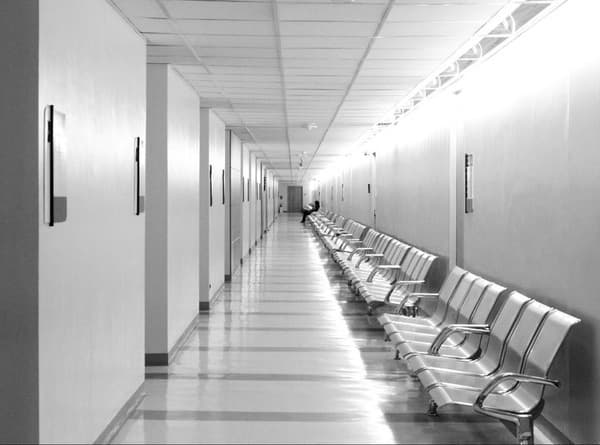
- Get your paperwork done. Putting off thinking through and writing down your wishes now may lead to undue stress and hardship on your family and friends later. It may also mean that your thoughts and beliefs will not be honored. A Living Will and Health Care Proxy are two basic documents that most hospitals ask for on admission. These forms can be found on the Internet and are free. Footsteps does not endorse any site but an example of a free site is http://www.doyourproxy.org/
- Know your insurance coverage. To really understand your coverage, it is necessary to read the policy and then talk to the insurance company. Call the company and ask to talk to someone in pre-authorization to understand what is covered and for how long.
- Select your rehabilitation center. Today, insurance companies are working to minimize costs so they push hospitals to move patients into a more cost effective situation as soon as a patient is “medically stable”. Rehab centers are an intermediate step when someone is really not ready to go home. Take the time now to find the rehab center that is right for you before you need one.
- Select your hospital. Don’t rely on what your neighbor does, how close the hospital is to your home or what the ambulance driver suggests. Know why you would go to a particular hospital. Hospitals specialize and they have personalities. Also, confirm that your doctors have privileges at the hospital you select.
- Make a list of all the medications you are taking. This is one of the first questions that an emergency room physician will ask. Be sure your list includes the name of the drug as well as the dosage and how often your take it. Additionally include on your list those drugs you are allergic to and be very specific as to what happens when you are given the offending drug. You don’t want the hospital Pharmacist to rule out a whole class of drugs because you were too broad in your description.
- Select doctors that you trust and make a contact list for your emergency contact. It is important to remember that you are building a healthcare team whose primary goal is to help you manage your health. These folks will have your medical records and should know your wishes in terms of level of care. Once you build a team you trust, they need to be involved in caring for you.
- Get wearable identification. In November 2010, a car hit me while I was crossing the street. I had stopped to take a few pictures of my mother’s childhood neighborhood and didn’t want to carry my purse so I left it in the car. Hours later I woke up in the hospital with a broken ankle and a good piece of my memory gone or scrambled. After the accident, I started wearing an ID band. These are the bands that athletes wear so I don’t feel like such an old person. (Remember the commercial, “I have fallen and I can’t get up! One day I may need that technology but for now, I am wearing the “cool” stuff.) You can have engraved a variety of information on the faceplate but normally it is emergency contact information and any allergies. Footsteps does not endorse any particular brand but I have attached a link to the company that was recommended to me by a marathon runner. There are a variety of brands so I encourage you to find a “look” that works for you. http://www.roadid.com/Common/Default.aspx
Once you are in the paperwork zone, prepare your will. It is amusing how superstitious reasonable people can be about preparing a will. I have a friend who was convinced that he would DIE if he put together a will. I explained to him that he WAS going to die whether he had a will or not so it was best that he just go ahead and prepare a will.